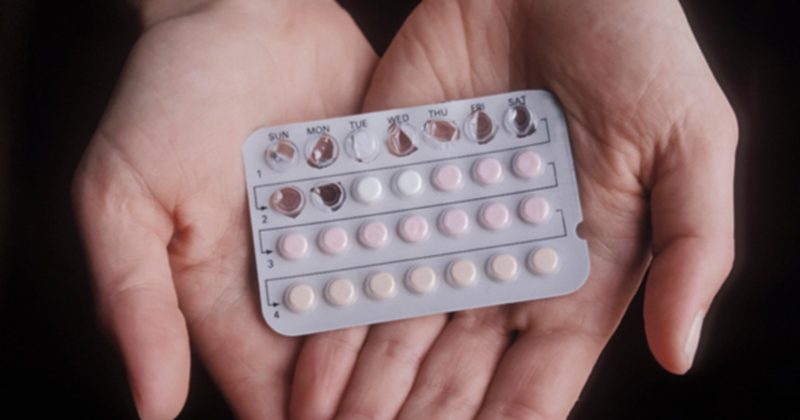The Trump Administration’s Domestic Gag Rule
Since running for President and into his presidency, Donald Trump and his Administration have sought to undermine women’s access to reproductive health care. Last year, the Trump Administration proposed changes to Title X—which is federal grant program that provides funding for comprehensive family planning services. Known as the “domestic gag rule,” the proposed changes “gag” or bar healthcare providers from referring their patients to abortion providers. Moreover, the rule would drastically alter access to reproductive health care, including birth control and other family planning services, for millions of women who depend on Title X funded clinics. When the Administration released the final version of the rule changes, reproductive health organizations such as Planned Parenthood and the American Civil Liberties Union on behalf of the National Family Planning and Reproductive Health Association immediately challenged the rule. Despite a preliminary injunction that prevented the rule’s implementation, on July 3, a panel of three judges lifted the injunction. Devastatingly, last week by 7-4...









